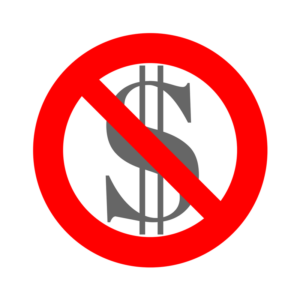
Even with many industries working on going paperless, the real estate industry is not one of them. From the start to the end of the process there will be many documents that you will have to read and sign. Once the deal is closed you might be left wondering what documents you need to keep.
While it’s easy to think that you can just toss all of them away because the deal is done you don’t want to do that. Here are the ones that you need to keep.
- Agreement with the real estate agent
When you start working with an agent you will sign a Buyer’s Agent Agreement. This document specifies what services your agent is going to perform for you. It includes the terms for the commission and who pays it, how long the agreement lasts for, and instructions on how to terminate the contract. You want to hold on to this document in case you run into any problems with your agent at the end of the transaction or once it has closed.
- The Purchase Agreement
This document is one that you and the seller both sign. It details out all the terms of the deal and is a binding contract. It spells out exactly what you need to do in order to close the deal. .If you or the seller don’t follow through on the tasks you are supposed to complete it could cancel the deal.
- Any amendments or addendums to the agreement
It is not unusual for there to be a change made to the terms of the agreement after it is initially signed. All of these changes need to be documented and you need to keep the documents as proof of the change.
For example, if the inspection shows that the roof needs to be replaced and the seller agrees to do it before closing you want to keep the signed document as proof of their agreement.
- Seller disclosures
This document is what the seller completed when listing their house. It includes any problems that the house has or has had in the past. This includes things like termite damage, lead-based paint, leaky roof, and any work that was completed without permits.
You want to keep this in case you find a problem with the house after you move in. If it’s something that the seller knew about and didn’t report they can be held legally responsible.
- Report from the home inspection
The home inspection report will list any issues that the inspector found with the house. This report will help you to know what areas could use some work or will need to be repaired or replaced in the future.
- The closing disclosure
This document provides you with all the details for your loan. It includes the terms of your loan, interest rate, the costs that you will pay for closing and other financial information.
- The deed
The deed is a legal document that proves who the owner of the house is. It will be signed by both the seller and yourself. Once the title is transferred the deed will be sent to you in the mail. This is your proof that you own the house, therefore you need to keep it.
Keeping the right documents with your records can help you out down the road. If everything goes smoothly you will most likely not need to access these real estate documents, but it’s still important that you keep them.



